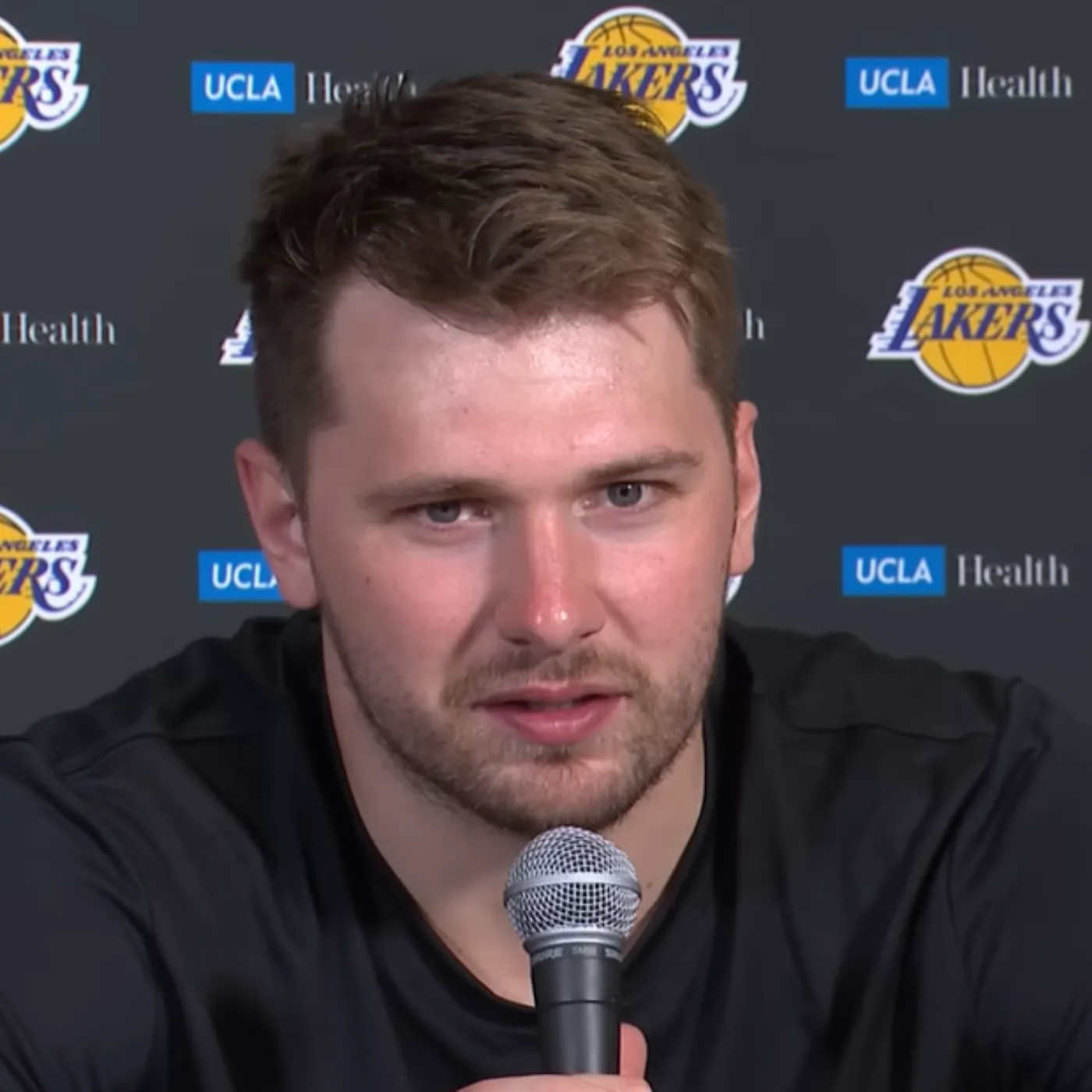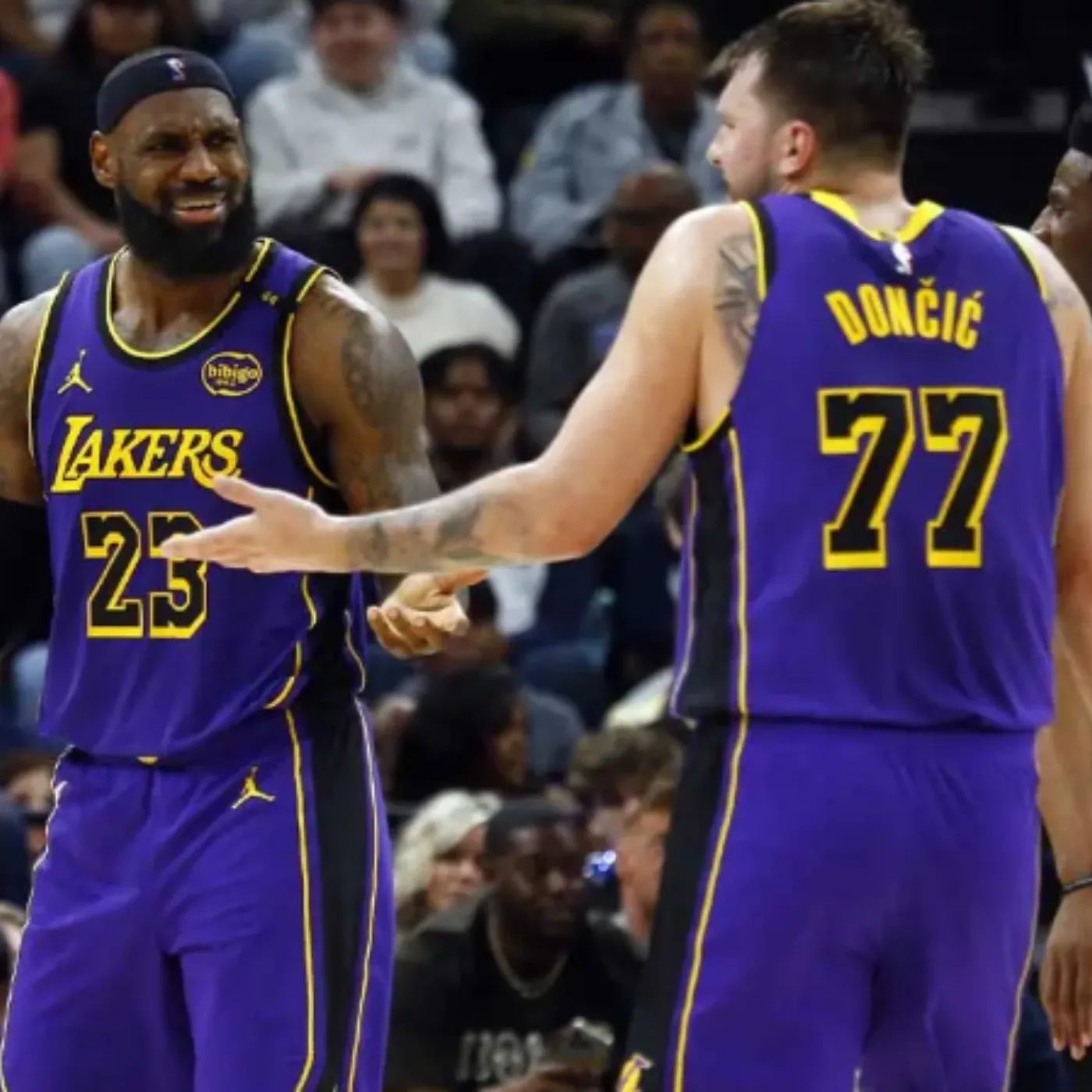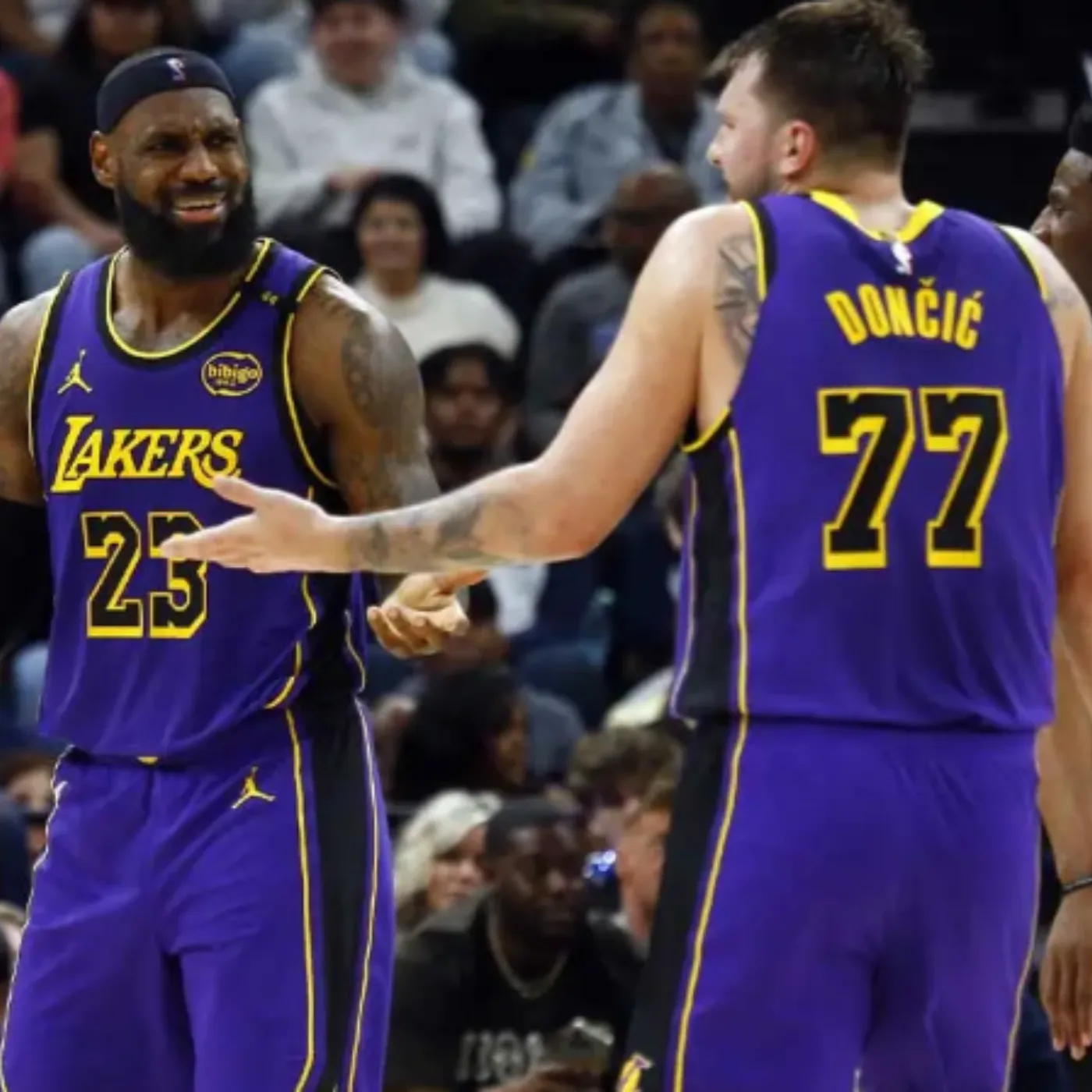
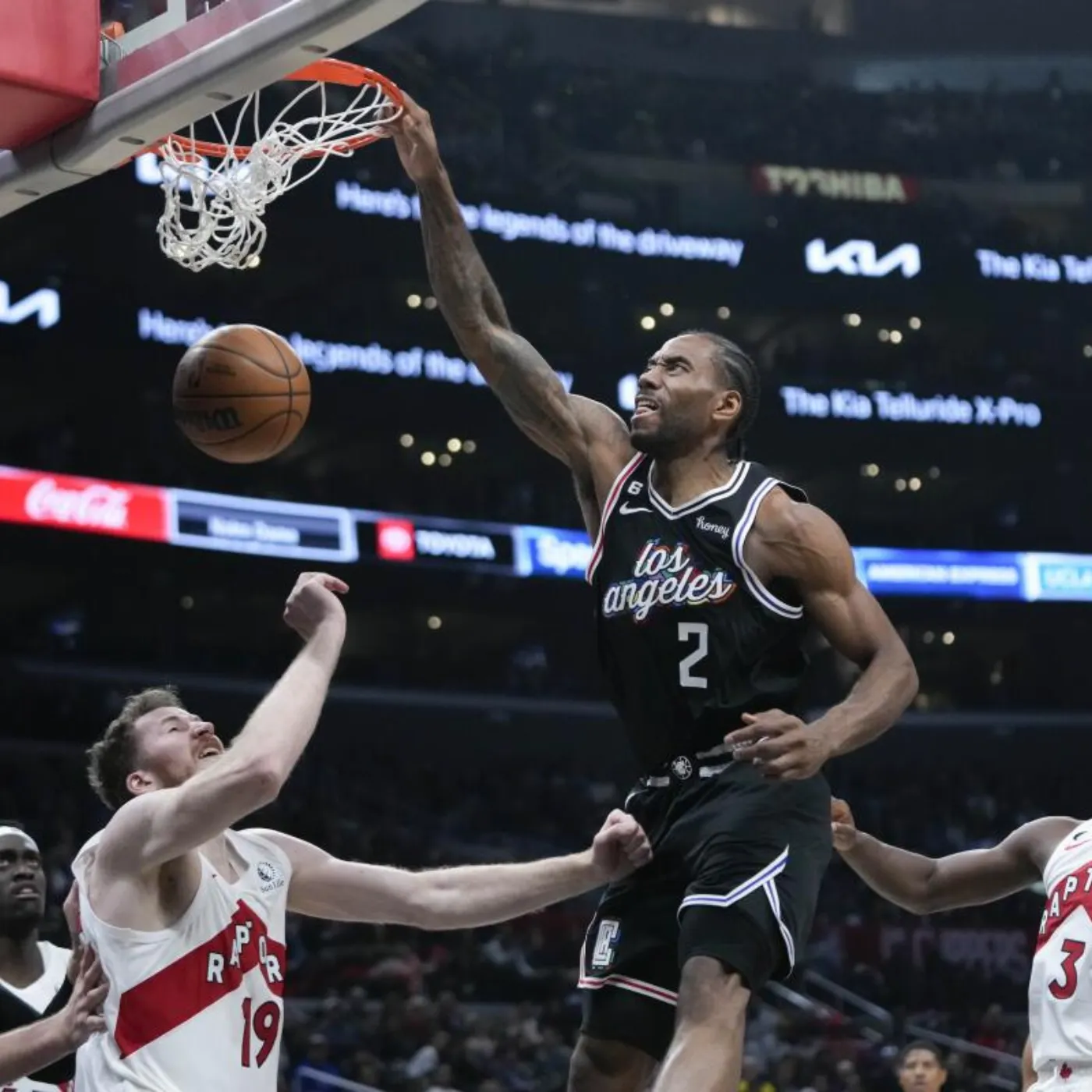
The Dark Secret in Kawhi’s Childhood That Fuels His Ice-Cold Game
For years, Kawhi Leonard has remained an enigma—silent, stoic, and impenetrable to even the most determined media insiders. He’s the NBA superstar who doesn’t tweet, doesn’t party, and barely speaks. While the league has shifted toward performative personalities and brand-building showmen, Kawhi has kept his head down and his voice quiet. But behind the composure, behind the cold stare and calculated moves, lies a story almost no one talks about: Kawhi Leonard’s unspoken, unsettling childhood.
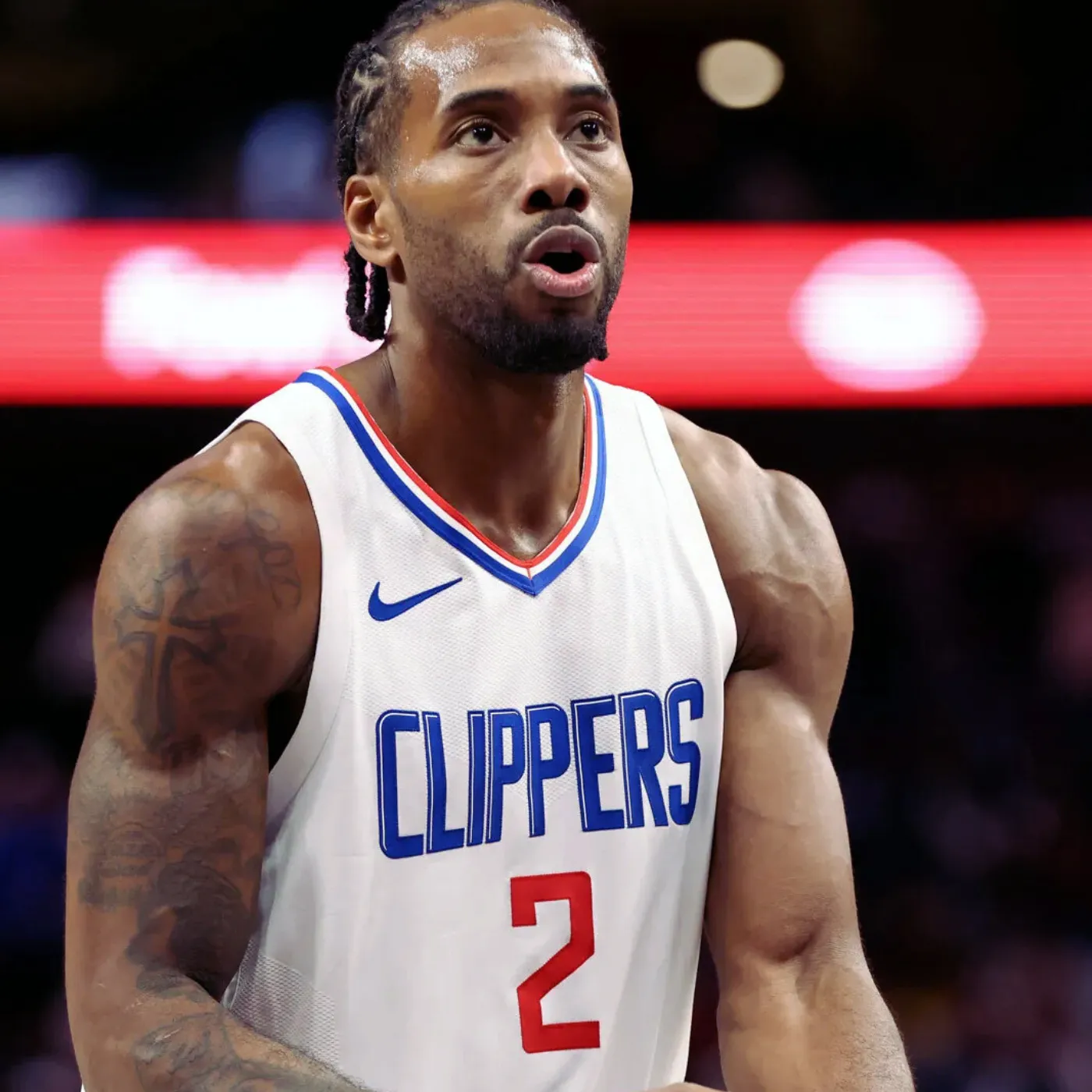
And now, for the first time, fragments of that story are surfacing.
A Childhood Defined by Trauma, Not Talent
Kawhi Anthony Leonard was born on June 29, 1991, in Los Angeles, California, but his rise wasn’t marked by red carpets or basketball clinics. It was defined by violence, loss, and an environment that demanded toughness long before the NBA did.
When Kawhi was just 16 years old, his father, Mark Leonard, was gunned down at the car wash he owned in Compton. The murder, still unsolved to this day, was a seismic event in young Kawhi’s life. It’s not a sports story—it’s a crime story. And it shaped every dribble, every stare, and every moment of silence he’s become known for.
“That changed everything,” a childhood friend said in an off-record conversation. “He stopped being a kid. He became… something else.”
The Car Wash Incident That Shattered His World
It was supposed to be just another day. But that night in January 2008, when Kawhi’s father was shot multiple times at close range, something broke inside the teenager. Friends recall how he refused to speak about it, even as news crews gathered near the crime scene.
He played a high school basketball game the very next night.
Let that sink in. While most of us would crumble under the weight of such trauma, Kawhi dropped 17 points and dominated the court. The game wasn’t about stats—it was about control. From that night on, basketball wasn’t just a sport for him. It became an escape, a sanctuary, a therapy session in motion.
Why No One Talks About This
Part of Kawhi Leonard’s appeal—or mystery—is that he doesn’t invite the public in. He doesn’t do sit-down interviews about his feelings. He doesn’t go on Instagram Live to pour his heart out. That silence has created a culture of curiosity, but also one of misinterpretation.
“People call him robotic,” an anonymous Spurs staffer once said. “But they don’t know what he’s protecting himself from.”
There’s a reason Kawhi doesn’t open up: every time he did, it hurt. Every memory of his father is bittersweet. Every question about his past reopens a wound that hasn’t healed.
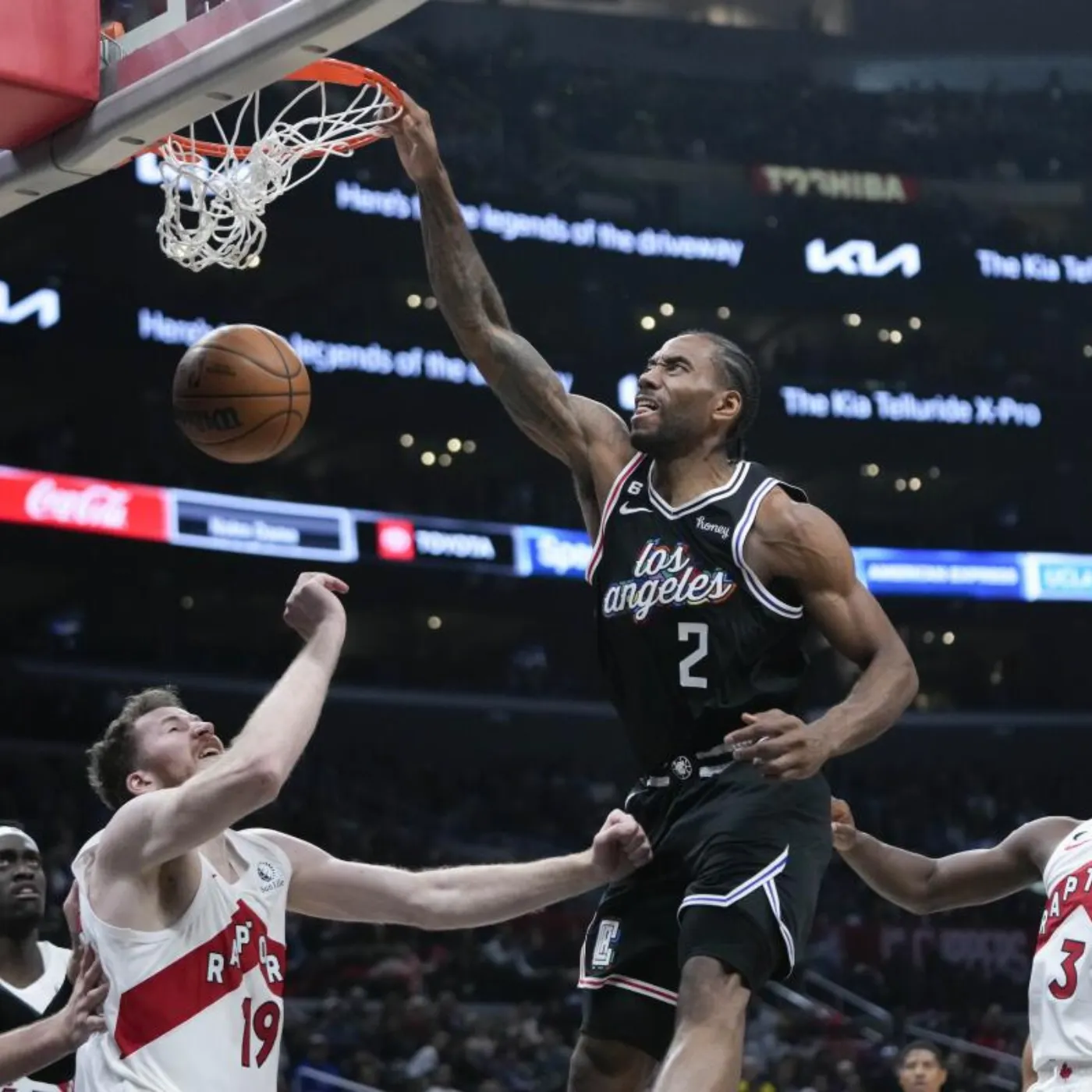
Raised By Women, Trained By Adversity
After his father’s death, Kawhi leaned heavily on his mother, Kim Leonard, and his sisters. His mother worked multiple jobs, often late into the night, just to keep food on the table. There were no private trainers, no elite camps, and no sponsorship deals in those early years—just a hoop, a pair of battered sneakers, and a growing storm inside him.
He trained alone. He trained angrily. He trained with a purpose no coach could teach.
One former coach from Martin Luther King High School recalled, “He didn’t say much. He just showed up. And destroyed everyone.”
The Hidden Years: Pain Behind the Progress
In 2009, Kawhi enrolled at San Diego State University, a relatively quiet basketball school that gave him just enough spotlight to be noticed—but not enough to distract him. The coaches remember his discipline. The players remember his distance.
“He never let us in,” one former teammate admitted. “It was like he had walls made of steel.”
And who could blame him?
When your father is murdered in cold blood, when your family struggles to keep the lights on, when you grow up in neighborhoods where survival is the only daily goal—emotional armor isn’t a choice. It’s a requirement.
Why This Story Still Matters
It’s easy to look at Kawhi Leonard now—NBA Champion, Finals MVP, millionaire—and assume he’s always been cold by design. But what if it’s not coldness? What if it’s grief disguised as focus? What if it’s trauma that’s never been allowed to heal?
His refusal to smile for the cameras, his uncomfortable laugh in that viral Raptors press conference, and his disinterest in stardom—these aren’t quirks. They’re symptoms.
They are the ripple effects of a childhood steeped in violence, absence, and survival.
The NBA’s Most Misunderstood Star
In a league obsessed with branding, Kawhi is an anomaly. He doesn’t sell you his lifestyle. He doesn’t try to be relatable. He just plays. And while that may not earn him shoe deals like LeBron or viral moments like Steph Curry, it makes him one of the last athletes still powered by pure emotion rather than promotion.
But that power comes at a cost.
He carries his past with him in every quiet walk down the tunnel, every calculated move on the court, and every eerie moment of silence after a buzzer-beater.
Will Kawhi Ever Tell His Own Story?
Maybe not. Maybe he doesn’t want to. And maybe that’s okay.
But the truth matters. Because understanding where Kawhi Leonard came from—what he endured, what he survived—changes the way we watch him.
He’s not just silent.
He’s surviving.
He’s not just cold.
He’s carrying something.
And that something, that invisible weight, is what makes Kawhi Leonard the most misunderstood superstar in modern sports.
But imagine for a second if Kawhi did speak. Not just in passing interviews or rare press conferences, but in his own words. A memoir. A documentary. A single, unfiltered sit-down. The kind that makes you feel like you’re hearing from someone for the very first time.
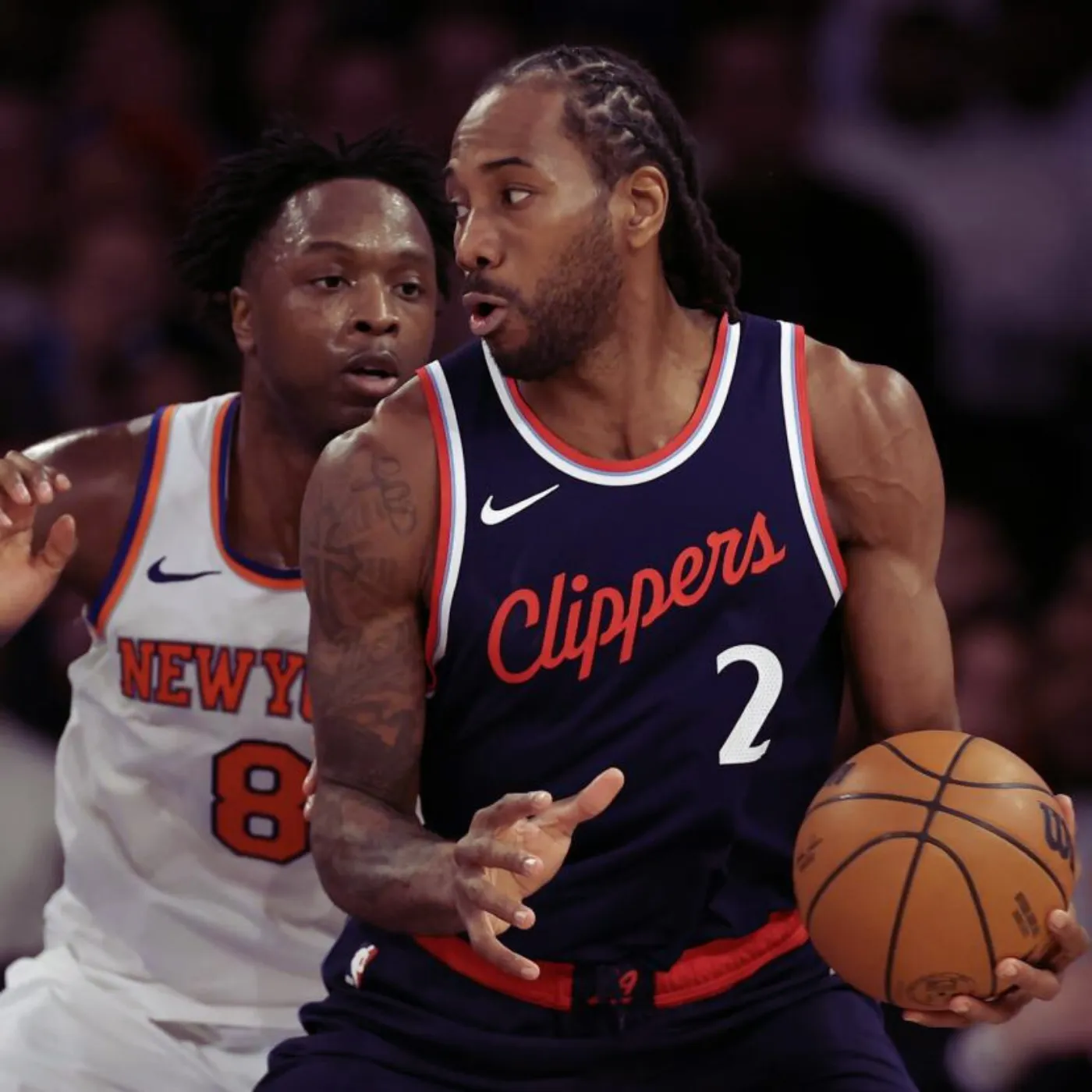
What would we hear? Would it be a story of pain and perseverance? Of a young man growing up too fast, forced into adulthood by tragedy? Would it be about loss, loneliness, and the pressure to stay stoic while the world demands emotion?
Or would it be quieter than that—less cinematic, more raw? Just memories of a boy who wanted to play ball and had to learn how to survive grief, expectations, and the weight of an industry that never stops watching?
Until that story is told, fans and critics alike will continue to fill the silence with their own narratives. They’ll call him robotic. Cold. Disconnected. But behind the silence, there’s a heartbeat. There’s trauma. There’s survival.
And maybe one day, Kawhi Leonard will let us in.
But even if he doesn’t, we should stop mistaking his silence for emptiness.
Because some stories scream louder when they’re never told.








